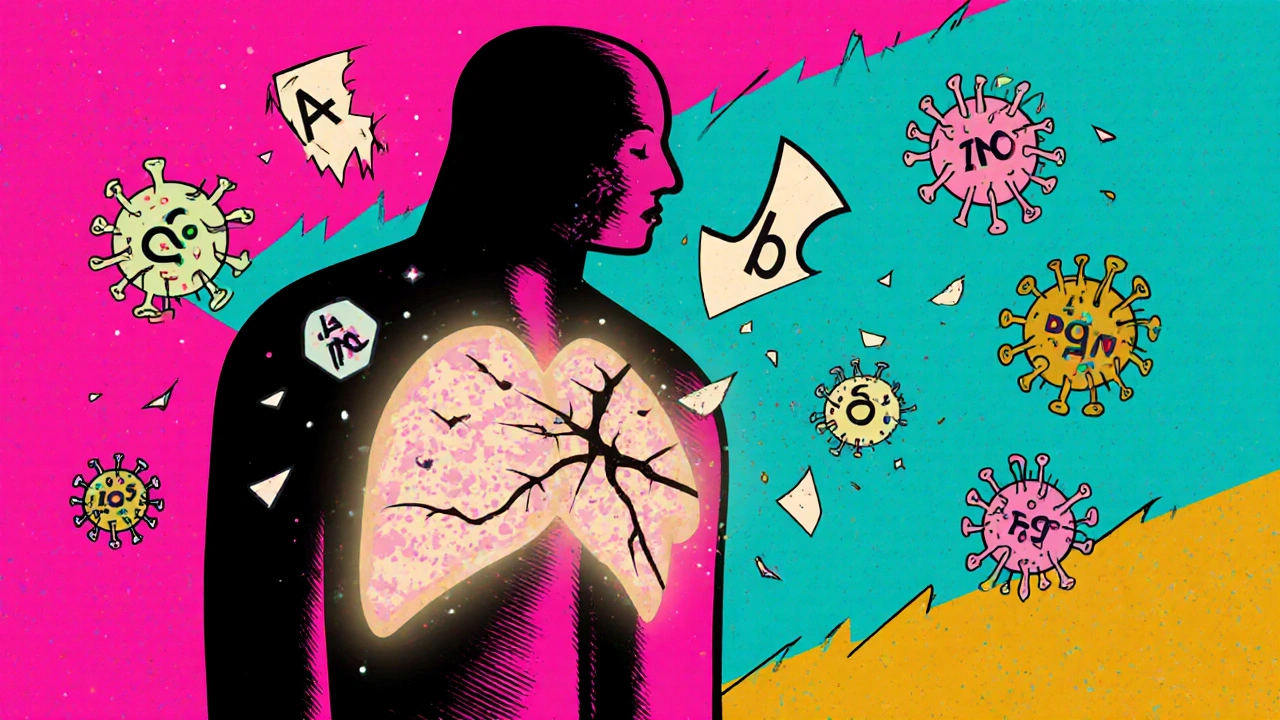Common Variable Immunodeficiency: Causes, Symptoms, and Treatment Options
When your body can’t make enough antibodies to fight off infections, you might be dealing with common variable immunodeficiency, a primary immune disorder where the body fails to produce sufficient antibodies, leading to recurrent and severe infections. Also known as CVID, it’s one of the most common primary immunodeficiencies in adults, affecting about 1 in 25,000 people worldwide. Unlike temporary immune drops from stress or illness, CVID is lifelong—and often undiagnosed for years because its symptoms look like ordinary colds or sinus infections.
People with CVID keep getting the same infections over and over: pneumonia, ear infections, bronchitis, and sinusitis. Some also develop digestive problems, like chronic diarrhea or malabsorption, because their immune system starts attacking their own gut. In rare cases, it leads to autoimmune diseases or even certain cancers, like lymphoma. The root cause? A breakdown in B cells—the white blood cells that make antibodies. Without enough immunoglobulins (IgG, IgA, IgM), your body can’t tag invaders for destruction. It’s not contagious. It’s not caused by bad habits. It’s a biological glitch your body can’t fix on its own.
Diagnosis isn’t simple. Doctors look at your infection history, check your antibody levels through blood tests, and rule out other causes like HIV or medication side effects. Once confirmed, the main treatment is immunoglobulin therapy, a weekly or monthly infusion or injection of purified antibodies from healthy donors to replace what your body can’t make. Some patients get it at home; others go to clinics. It doesn’t cure CVID, but it cuts infections by up to 80% in most cases. Beyond that, antibiotics are used as needed, and in some cases, doctors prescribe anti-inflammatory drugs if autoimmune issues show up.
There’s no cure yet. But with the right monitoring and treatment, most people with CVID live full, active lives. The key is catching it early—before repeated infections damage your lungs or digestive system. If you’ve had more than four sinus infections a year, or pneumonia twice in two years, and nothing seems to stick, it’s worth asking your doctor about CVID. You’re not just unlucky. You might have a treatable condition.
Below, you’ll find detailed guides on managing infections, understanding immunoglobulin therapy, spotting early signs of complications, and how CVID interacts with other conditions like autoimmune disorders and chronic lung disease. These aren’t generic overviews—they’re practical, real-world insights from people living with CVID and the doctors who treat it.
Common Variable Immunodeficiency: Understanding Antibody Deficiency and Modern Treatment Options
Common Variable Immunodeficiency (CVID) is a genetic disorder that causes low antibody levels, leading to frequent infections and long-term health risks. Learn how immunoglobulin therapy helps manage symptoms and improve life expectancy.
© 2026. All rights reserved.

